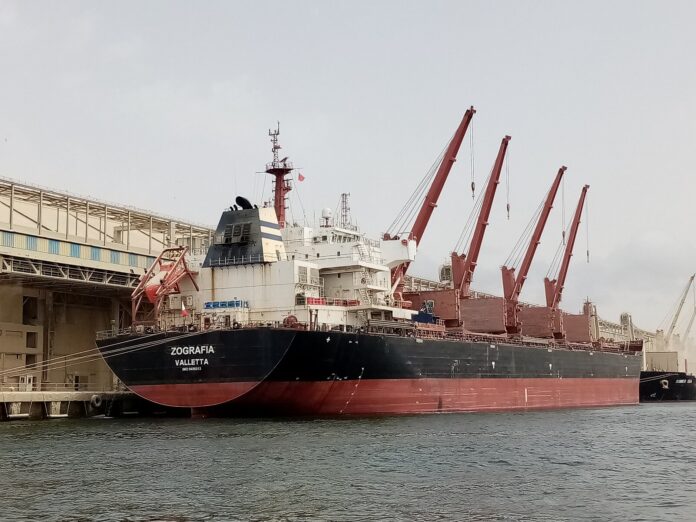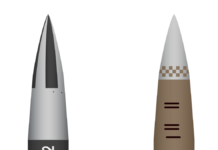Yesterday a Greek-owned cargo ship was targeted by a missile attack from Houthi rebels. This incident is a reflection of the increasing complexity and volatility in the Middle East, where maritime routes are becoming conflict zones. The United States swiftly responded to this attack by conducting strikes against Houthi ballistic missiles. These actions, part of a series taken by the US in a short period, highlight the heightened military readiness and involvement in the region.
The cargo ship, named the Zografia, sustained some damage but was able to continue its journey. This attack did not result in any casualties among the crew, which underscores the ship’s resilience and preparedness in navigating these dangerous waters. The incident illustrates the risks that commercial vessels face in this strategically important maritime corridor, which is vital for international trade.
This situation in the Red Sea is indicative of the broader conflict dynamics in Yemen and the surrounding areas. The involvement of various regional and international actors complicates the geopolitical landscape, making it a hotspot for military and political confrontations. The United States’ engagement in this scenario is a clear indication of its commitment to maintaining regional stability and ensuring the safety of key maritime routes that are essential for global commerce.
Overall, the recent events in the Red Sea highlight the ongoing challenges in achieving peace and stability in the Middle East. They also emphasize the importance of international cooperation in addressing these conflicts and ensuring the safety of maritime navigation in these critical areas.
Image is licensed under the Creative Commons Attribution-Share Alike 4.0 International license and was created by Farid mernissi.









